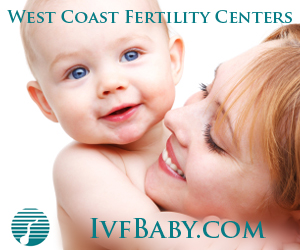Biological Clock and Fertility Calculator
The best reproductive years for women are in their twenties. After that, fertility declines rather rapidly, especially after age 35.

Egg quality is extremely important as the internal organelles of the egg are primarily responsible for creating a chromosomally normal embryo.

The Natural Process of Egg Selection – Only the Strongest Egg Survives
Each month, at the start of a new menstrual cycle, the ovaries initiate recruitment of 40 to 50 eggs from the resting oocyte (egg) pool. An elimination process begins such that by ovulation time 14 days later, only the most favorable oocyte is released each month.
Even with this rigorous selection, an oocyte can still have undetectable abnormalities, which can slip by nature’s protective screening mechanisms. These checks and balances help minimize abnormal pregnancies, insuring that only the healthiest embryos can implant.
Unsuitable eggs may fail to become fertilized or not divide properly leading to failed implantation or abortion. Unfortunately, the changes discussed above cannot be reversed and with advancing age, even IVF may not overcome the egg abnormalities. In these cases the physician may recommend the use of donor eggs to bring about a healthy pregnancy and a happy family.





